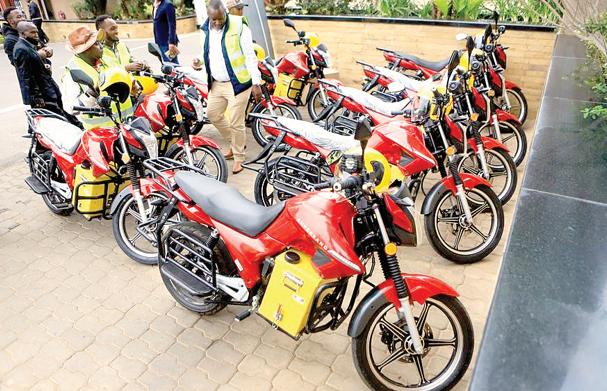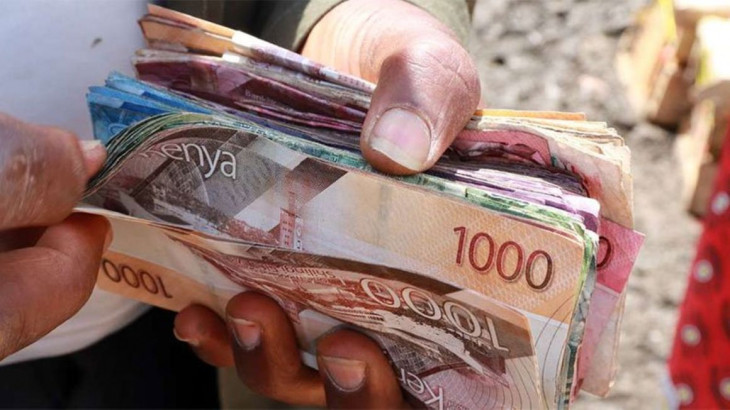IMF agrees to release Sh59b loan to Kenya

The International Monetary Fund (IMF) has approved the disbursement a $415.4 million (Sh58.8 billion) to Kenya to help the government address economic stability and build resilience to climate change.
The money comes amid tough conditions that will require Kenya to prioritise the strengthening of public financial management systems and management of fiscal risks from State-owned enterprises.
It also expects the country to enhance the anti-corruption framework, address shortcomings in the anti-money laundering and combat financing of terrorism framework as well as ensure effective expenditure audits for transparency and accountability.
According to the Bretton Woods institution, it has also okayed President William Ruto’s request to prolong the Extended Fund Facility (EFF) and Extended Credit Facility (ECF) arrangements for an additional 10 months and access the newly tapped 20 months Resilience and Sustainability Facility (RSF) facility. The two facilities totalling Sh136.8 billion lapses in 2025.
The RSF facility will enable Kenya to access $551.4 million (Sh78 billion) to build resilience to climate change and catalyse further private climate financing.
IMF Deputy Managing Director and acting chair Antoinette Sayeh said the EFF/ ECF programme will enable Kenya to insulate against debt susceptibility through “raising tax revenues and rationalising spending while protecting priority social and developmental spending.
“A proactive monetary policy stance is also part of a mutually reinforcing prudent set of policies,” she said. The approval was reached after the Bretton Wood institution’s Executive Board completed the Fifth review of Kenya’s Extended Fund Facility (EFF) and Extended Credit Facility (ECF) arrangements.
The board’s decision brings the total disbursements under the arrangements so far to $2.04 billion (Sh288.7 billion).
Sayeh said the reforms under the RSF programme are expected to advance Kenya’s already strong track record in addressing climate-related challenges.
“These reforms will advance efforts to incorporate climate risks into fiscal planning and the investment framework, reduce emissions through carbon pricing, enhance Kenya’s existing frameworks to mobilize climate finance; and strengthen disaster risk reduction and management,” she added.
In addition to addressing debt vulnerabilities, the EFF/ECF arrangements that were first approved on April 2, 2021, will support the authority’s response to the Covid-19 pandemic and global shocks as well as enhance governance and broader economic reforms while safeguarding resources to protect vulnerable groups and address developmental needs.
She said despite the resilience of Kenya’s economy amid the worst drought in many decades and a difficult external environment, the ECF and EFF arrangements continue to support the authority’s efforts to address emerging challenges to sustain macroeconomic stability and market confidence, promote growth, and advance ongoing reforms.
The IMF boss said while the medium-term outlook remained positive, in the near-term global headwinds continue to have a bearing on economic activity, amid elevated inflationary pressures, noting that the authority’s commitment to robust policies to sustain reforms that promote resilient and inclusive growth will support Kenya’s positive medium-term prospects.
The board commended Kenyas good progress in implementing its economic reform program, despite facing the worst drought in decades and a challenging external environment, noting that the approval of the FY 2023/24 Budget and 2023 Finance Act are crucial steps to support ongoing consolidation efforts to reduce debt vulnerabilities while protecting social and development expenditures.












